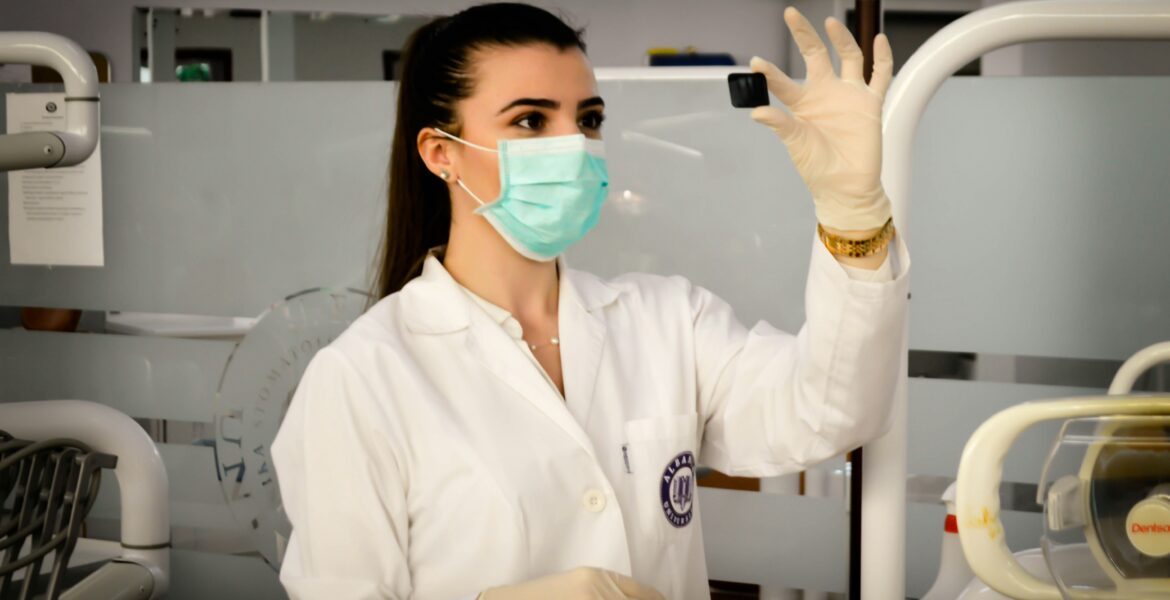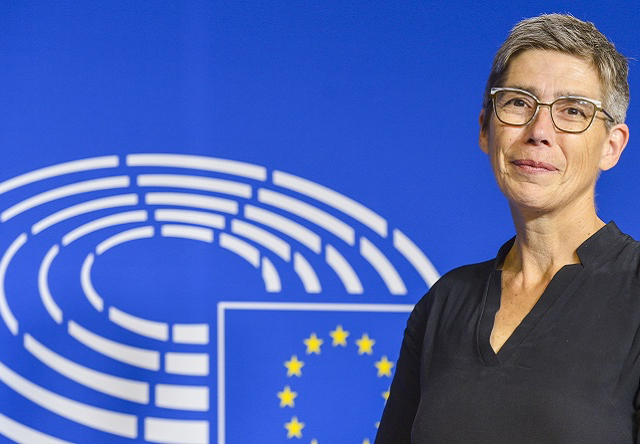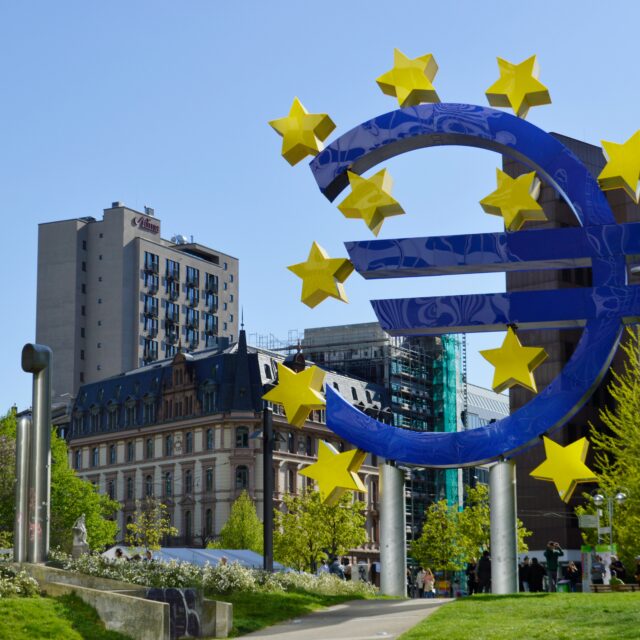It says recent events, such as the Covid-19 pandemic, continue to take a huge toll on healthcare professionals.
The growing shortages within the cancer workforce are having a profound impact on the dedicated workers on the frontlines of cancer care.
This is why the European Cancer Organisation launched “Time to Accelerate for Our Workforce”, an extensive public awareness campaign to address the pressing issue.
The latest element of the campaign are the results of an extensive Pan-European survey of more than 700 cancer professionals from 30 countries – together with many of their personal stories.
Among the key highlights of the survey:
19% of cancer professionals experience high levels of burnout
51% say their supervisors do not care about their well-being
52% report that their workload seems ‘endless’
55% report that administrative procedures make their job too difficult
77% reported often needing to work overtime.
ECO says that “ensuring a well-supported, adequately staffed oncology workforce is essential for advancing cancer prevention, enhancing the quality of care, and ultimately reducing mortality rates across Europe.”
The report identifies 10 core recommendations for immediate action, including:
Achieving a common EU Action Plan to tackle oncology and health workforce shortages
Making health workforce planning a formal part of EU health emergency preparedness and resilience activity
Monitoring and reporting exercises on levels of burnout and anxiety experienced by oncology professionals across Europe
Implementing early intervention and training programmes and promoting peer-support networks for the cancer workforce
Prof Wim Ceelen, Co-chair of the ECO Workforce Network; European Society of Surgical Oncology, told this site: “An Oncology workforce struggling to carry out their work effectively is a clear and major risk for European health systems, in both the short and long term.”
“We need the support from institutions and governments so we can coordinate action to prevent a further burden on our critical health infrastructure.”
Dr Mirjam Crul, Co-chair of the ECO Workforce Network; European Society of Oncology Pharmacy, added, “We are hoping that the significant research put into this report sparks the conversation among policymakers and channels renewed interest in innovative solutions to address the cancer workforce crisis, so cancer professionals can focus their attention on providing the best care for the patients.”
More comment comes from Dr Wendy Oldenmenger, Co-chair of the ECO Workforce Network; European Oncology Nursing Society.
She said, “Cancer is a major cause of deaths in Europe and must be addressed as such. If the professionals that treat it cannot carry out their work properly, patient safety will get compromised. We need to see that European leaders pay the attention this crisis deserves and reflect it in their political agendas.”




